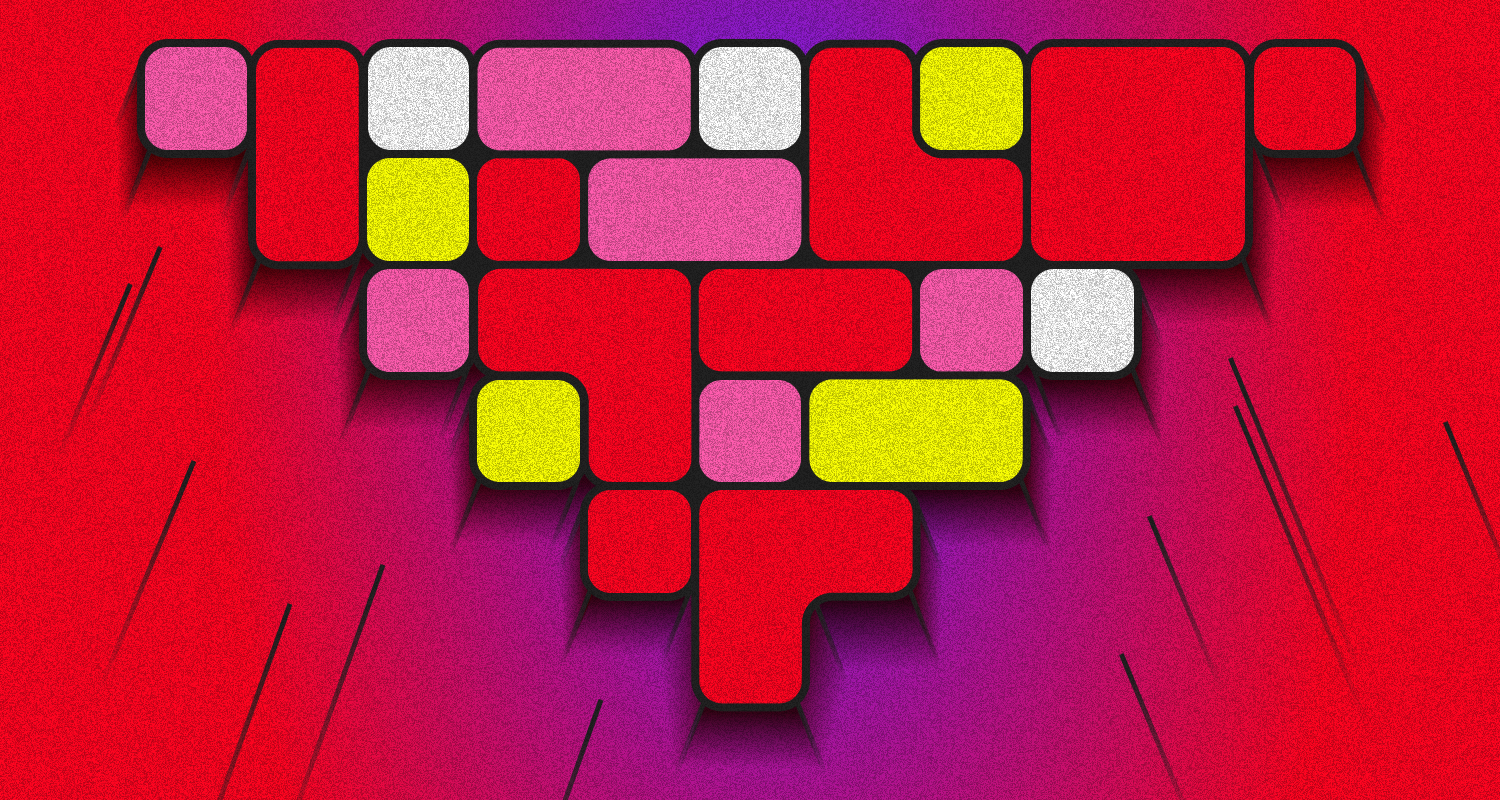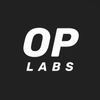The OP Stack: Modular, Exponential Scalability for L2s
The OP Stack's code is EVM-equivalent, secure, performant, and MIT-licensed. The Optimism Ecosystem Contributions Dashboard can help developers get started.

The OP Stack is a revolutionary step in Ethereum's quesT for scalable solutions. Its modular nature is a first in the industry, enabling Optimism, and its partners to look beyond optimistic rollups to include exciting developments such as zkEVM and off-chain DA.
This post breaks down what makes the OP Stack special, showcases some high-impact contributions from the ecosystem and finally, and invites any and all devs to make their mark by leveraging the OP Stack to participate in the development of the Collective’s foundational technology.
Unleashing Modular Scalability with the OP Stack
The OP Stack's code is EVM-equivalent, secure, and performant. What sets it apart is its ability to unlock exponential scaling opportunities for the Optimism ecosystem and Ethereum in general, by virtue of its modular design, Ethereum equivalence, and its open-source MIT license.
As an MIT licensed public good, the OP Stack allows the easy swapping of different components and the addition of new capabilities using well-defined interfaces and versioning schemes. This brings a high degree of flexibility to OP Stack architecture, ensuring it can adapt to future developments in the Ethereum ecosystem.
In its design, the OP Stack stays true to its roots—it draws as much as possible from the existing Ethereum architecture and infrastructure. This ensures maximum compatibility with the existing Ethereum developer experience.
If You Can Imagine it, You Can Build it!
The recent OP Mainnet upgrade to Bedrock included the first official release of the OP Stack, the final step towards making this codebase accessible for all developers.
Even before the OP Mainnet’s migration to Bedrock, teams in the Optimism ecosystem started contributing in meaningful ways. Some examples are Lattice, who leveraged the OP Stack to build OPCraft, an incredible experiment in on-chain gaming; Test in Prod, the small but mighty team behind op-erigon; and the industrious devs at a16zcrypto, who built the rollup client Magi.
Hack on the OP Stack
Now that Bedrock is live, we want to make it as easy as possible for the creative builders in our ecosystem to contribute to the OP Stack. It can be overwhelming to figure out where to start. To help with this, we created the Optimism Ecosystem Contributions Dashboard, which hosts dozens of project ideas that are in search of developers.
The Optimism Collective strives to create a better economy for humans, and it is always open to more contributors. The Contributions Dashboard can help you decide how to get involved with the Collective and contribute in a way that will make a real difference!
For guidance on navigating the Contributions Dashboard and finding a project, the README is a great place to start.

